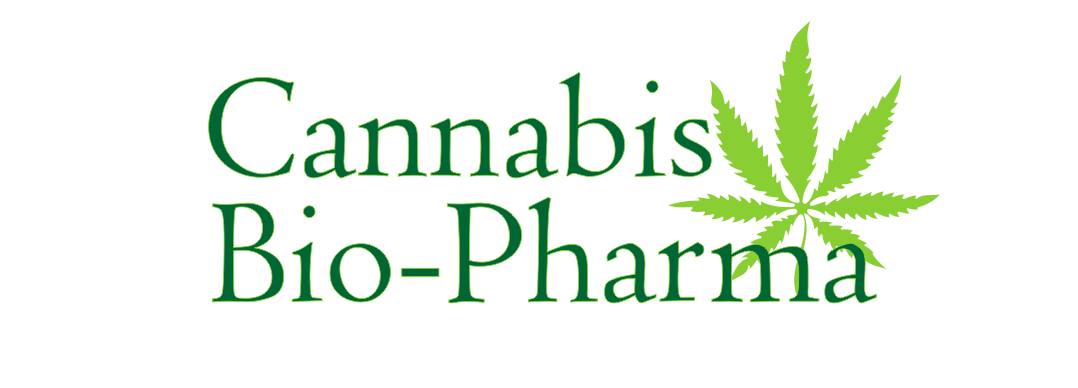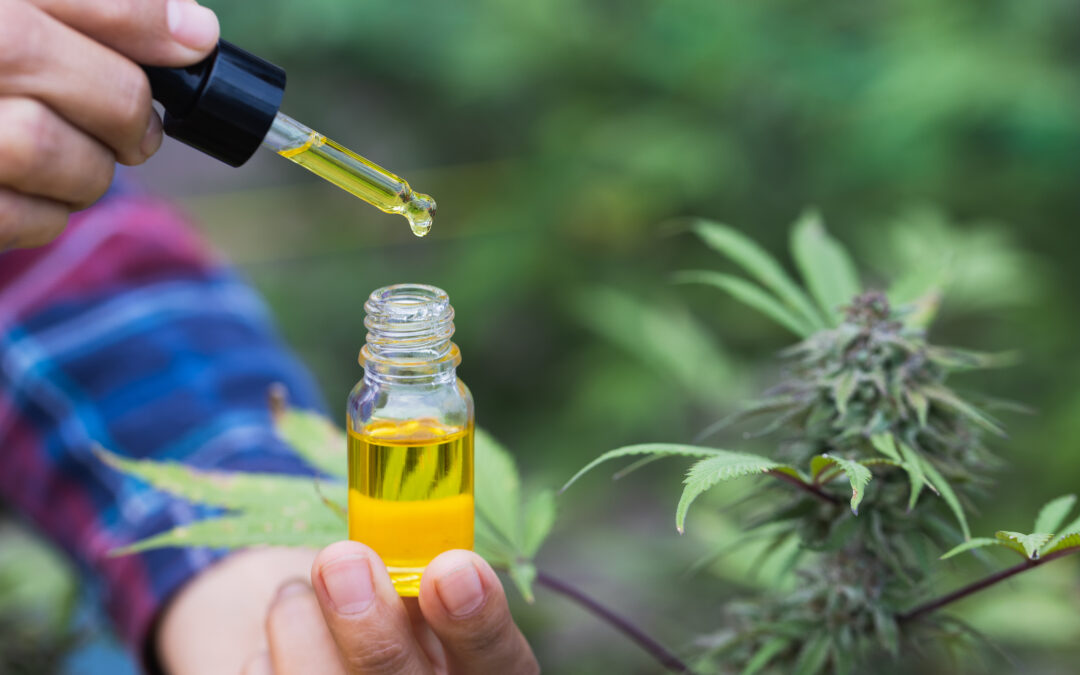The hemp industry has undergone a remarkable transformation in recent years, largely driven by the soaring popularity of cannabidiol (CBD). CBD, a non-psychoactive compound found in the hemp plant, has captured the attention of consumers, researchers, and entrepreneurs alike. In this blog, we’ll explore the rapid growth of the CBD market within the hemp industry and the factors that have fueled its prominence.
The Hemp Industry’s Revival:
Hemp, a historically versatile crop, had faced decades of stigmatization due to its association with marijuana. However, the turning point came with the passage of the 2018 Farm Bill in the United States, which removed hemp from the list of controlled substances. This legislative change marked the beginning of a renaissance for hemp and its potential as an agricultural and economic asset.
CBD’s Ascension:
CBD, the second most prevalent cannabinoid in hemp, has become a superstar within the industry. Its meteoric rise can be attributed to several key factors:
- Health and Wellness: CBD has gained widespread recognition for its potential health and wellness benefits. Users have reported relief from a range of issues, including anxiety, pain, inflammation, and sleep disorders.
- Non-Psychoactive Nature: Unlike its cousin, THC (tetrahydrocannabinol), CBD doesn’t induce a “high.” This feature has made it more palatable to a broader audience, including those who seek therapeutic effects without the intoxication.
- Legality: CBD’s legal status, post-2018 Farm Bill, has opened the floodgates for research and development. This legal clarity has allowed companies to create CBD-based products and expand into new markets.
CBD’s Dominance in the Hemp Industry:
Today, a substantial portion of the hemp industry is dedicated to CBD production. This includes the cultivation of specific CBD-rich hemp strains and the extraction of CBD from hemp plants. The CBD market encompasses an impressive array of products, including:
- CBD Oils and Tinctures: These are the most popular and versatile CBD products, typically consumed sublingually. Users can choose from a wide range of concentrations and formulations.
- CBD Edibles: CBD can be found in a variety of edibles, such as gummies, chocolates, and beverages. These offer a convenient and delicious way to incorporate CBD into one’s daily routine.
- Topicals: CBD-infused creams, lotions, and balms are designed for targeted relief, particularly for localized pain and skin conditions.
- Capsules and Softgels: These offer a precise and discreet way to take CBD, making it easy to track dosage.
- Vaping Products: CBD e-liquids and vape pens provide a fast-acting method of consumption.
- Isolates and Distillates: These highly concentrated forms of CBD are used as ingredients in a wide range of products.
The Future of CBD and Hemp:
The CBD market shows no signs of slowing down, and innovation continues to drive the industry forward. As research explores new applications for CBD and consumers become more informed, we can anticipate further growth and diversification in the CBD and hemp sector. The industry’s rapid ascent has not only provided new opportunities for businesses but has also expanded the choices available to consumers seeking natural and holistic wellness solutions. CBD’s rise within the hemp industry is a testament to the power of innovation and the potential for transformative change in the world of health and well-being.

